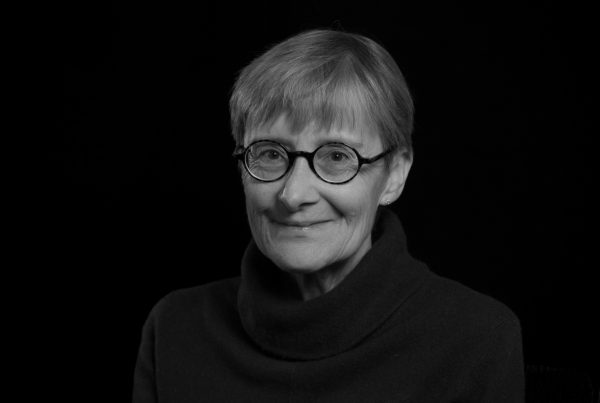Tess Knighton holds MA and PhD degrees from the University of Cambridge and is an Emeritus Fellow of Clare College, Cambridge. From May 2011 she has been an ICREA Research Professor, until May 2020 at the Institució Milà i Fontanals (CSIC), and subsequently at the Universitat Autònoma de Barcelona. She held a Marie Curie Foundation grant (2012-6) for a research project on the urban musics of early modern Barcelona, and from September 2020 holds a Spanish government grant (I+D) on the contribution of confraternities and guilds to the urban soundscape in the Iberian Peninsula, 1400-1700. Her research interests embrace music and culture in the Iberian world from the 15th to the 17th centuries, and she has published widely in this field. She is Series Editor of the Studies in Medieval and Renaissance Music series for The Boydell Press, and forms part of several editorial and advisory committees in Spain and in Europe.
Research interests
My research focuses on various interrelated aspects of music in the Iberian world in the long 16th century: music and ceremony; music in the urban context, including perspectives of sensory and emotional hiustory; the impact of music printing on the diffusion of musical repertory; and music historiography. Analysis of music and ceremony focuses on public display as well as private devotions; placing music in the context of court ceremonial reveals patterns of self-identity and image-making. Study of the urban musical experience of different social groups highlights the relationship between music and the institutional complex and urban societal interaction. The impact of music printing on the diffusion and accessibility of music is studied through extant inventories to reveal how European editions were transmitted to the centres of the book trade and the extent of musical literacy. Received ideas of Renaissance Iberian music are challenged and historiographical filters analyzed.
Selected publications
– Knighton T 2022, ‘The Contribution of Confraternities to the Urban Soundscape of Barcelona in the Early Modern Period’, Confraternitas, 31, 2, 108–135.
– Knighton T 2022, ‘Daily Musical Life in Early Modern Spain’, in Rodrigo Cacho & Carolina Egan, The Routledge Hispanic Studies Companion to Early Modern Spanish Literature and Culture (London & New York: Routledge, 2022), 469–484
– Knighton T 2022, ‘”Puix tot es per major aument del culto divino”: El paisaje sonoro de las cofradías gremiales de Santa Maria del Pi, ss. XV-XVII’, Recòndit, vol. 2, 81–117.
– Knighton T 2022. ‘Street Music from Barcelona’, In The Museum of Renaissance Music: A History in 100 Exhibits, edited by Vincenzo Borghetti and Tim Shephard, pp.312-314. Turnhout: Brepols.
Selected research activities
2022 has been an unforgettable year research-wise. From 1 September 2022, I began to work as PI on a five-year ERC Advanced Grant research project entitled: ‘How Processions Moved: Sound and Space in the Performance of Urban Ritual c.1400-c.1700’ (SOUNDSPACE). Based at the Departament d’Història d’Art i Musicologia of the UAB, it has a research team of ten, in addition to myself, and combines historical research with the digital humanities. My existing project on the contribution of confraternities and guilds to the urban soundscape in the Iberian Peninsula relating to the same historical period, financed by the Spanish government (2019), involved guest editing an issue of the Canadian journal Confraternitas, and organising a workshop on the soundscape of Holy Week and an international conference on ‘Listening to Confraternities’, which will form the basis for a collection of essays to be published by Brill. My research over the year concentrated on confraternity- and procession-related material in the Arxiu d’Història de la Ciutat de Barcelona and in the archive of the parish church of Santa Maria del Pi, and some of these completely new data were published in articles in Catalan and international journals.
